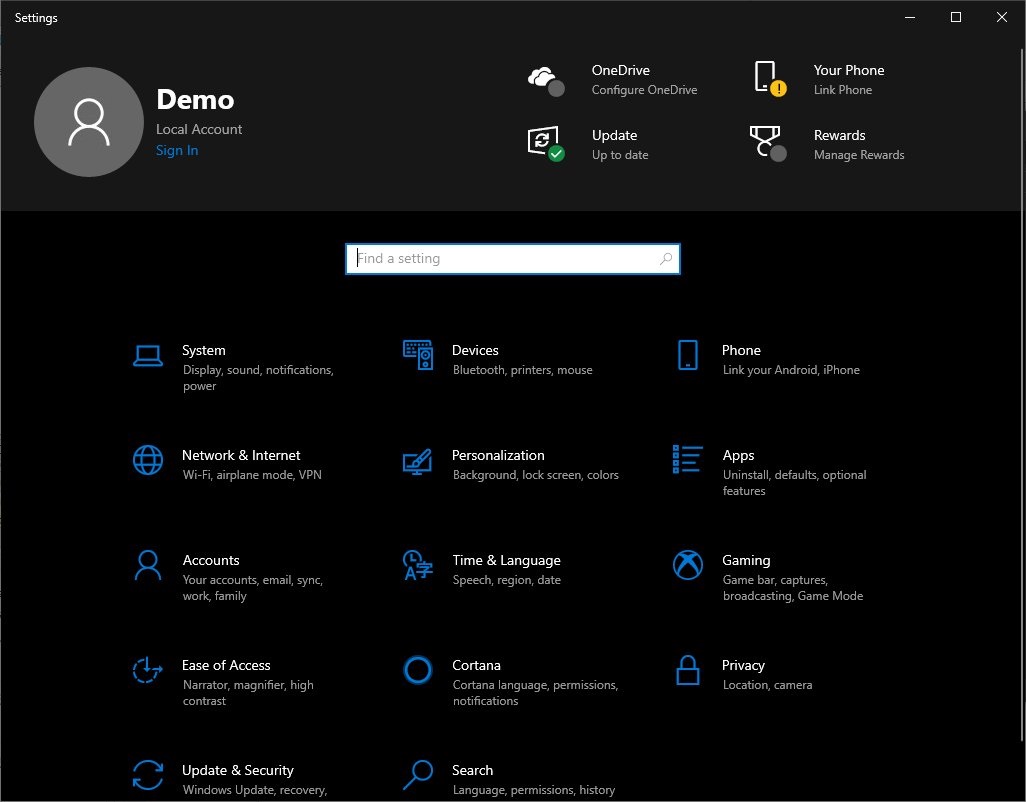The Chromium-based Microsoft Edge web browser that Microsoft is working on currently supports a number of features that the classic Edge browser does not support. One of these is the ability to add multiple Microsoft Accounts and non-Microsoft accounts to the browser to switch between them. How to Turn On or Off Sync Microsoft Edge Settings across Windows 10 Devices Microsoft Edge is a new web browser that is available across the Windows 10 device family. It is designed for Windows 10 to be faster, safer, and compatible with the modern Web. Contact Microsoft Support. Find solutions to common problems, or get help from a support agent.
-->This article explains how admins can configure Microsoft Edge to sync user favorites, passwords, and other browser data across all signed-in devices.
Note
Applies to Microsoft Edge version 77 or later unless otherwise noted.
Overview

Microsoft Edge sync enables users to access their browsing data across all their signed-in devices. The data supported by sync includes:
- Favorites
- Passwords
- Addresses and more (form-fill)
- Collections
- Settings
- Extension
- Open tabs (available in Microsoft Edge version 88)
- History (available in Microsoft Edge version 88)
Sync functionality is enabled via user consent and users can turn sync on or off for each of the data types listed above. If a user is experiencing a sync issue they might need to reset sync in Settings > Profiles > Reset sync.
Note
Additional device connectivity and configuration data (such as device name, make and model) is uploaded to support sync functionality.
Microsoft Edge Account Reset
Prerequisites
Microsoft Edge sync for Azure Active Directory (Azure AD) accounts is available for any of the following subscriptions:
- Azure AD Premium (P1 or P2)
- M365 Business Premium
- Office 365 E1 and above
- Azure Information Protection (AIP) (P1 or P2)
- All EDU subscriptions (Microsoft Apps for Students or Faculty, Exchange Online for Students or Faculty, O365 A1 or above, M365 A1 or above, or Azure Information Protection P1 or P2 for Students or Faculty)
Sync group policies
Admins can use the following group policies to configure and manage Microsoft Edge sync:
- SyncDisabled: Disables sync completely.
- SavingBrowserHistoryDisabled: Disables saving browsing history and sync. This policy also disables open-tabs sync.
- AllowDeletingBrowserHistory: When this policy is set to disabled, history sync will also be disabled.
- SyncTypesListDisabled: Configure the list of types that are excluded from synchronization.
- RoamingProfileSupportEnabled: Allow Active Directory (AD) profiles to use on-premises storage. For more information, see On-premises sync for Active Directory (AD) users.
- ForceSync: Turn on sync by default and do not require user consent to sync.
Configure Microsoft Edge sync
Configuration options for Microsoft Edge sync are available through the Azure Information Protection (AIP) service. When AIP is enabled for a tenant, all users can sync Microsoft Edge data, regardless of licensing. Instructions on how to enable AIP can be found here.
To restrict sync to certain set of users, you can enable the AIP onboarding control policy for those users. If sync is still not available after ensuring that all necessary users are onboarded, ensure that the IPCv3Service is enabled using the Get-AIPServiceIPCv3 PowerShell cmdlet.
Caution
Activating Azure Information Protection will also allow other applications, such as Microsoft Word or Microsoft Outlook, to protect content with AIP. In addition, any onboarding control policy used to restrict Edge sync will also restrict other applications from protecting content using AIP.
Microsoft Edge and Enterprise State Roaming (ESR)
Logon Accounts Microsoft Edge


Microsoft Edge Account 2217
Microsoft Edge is a cross-platform application with an expanded scope for syncing user data across all their devices and is no longer a part of Azure AD Enterprise State Roaming. However, the Microsoft Edge will fulfill the data protection promises of ESR, such as the ability to bring your own key. For more information, see Microsoft Edge and Enterprise State Roaming.
See also
